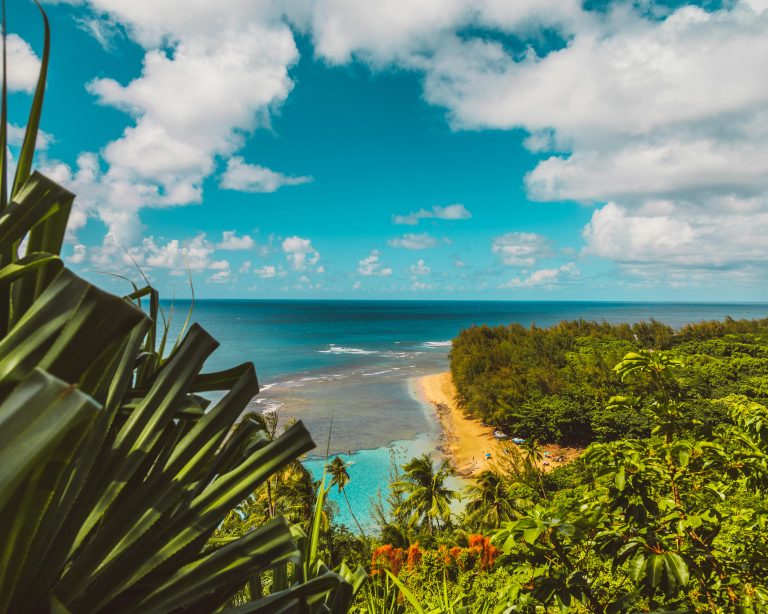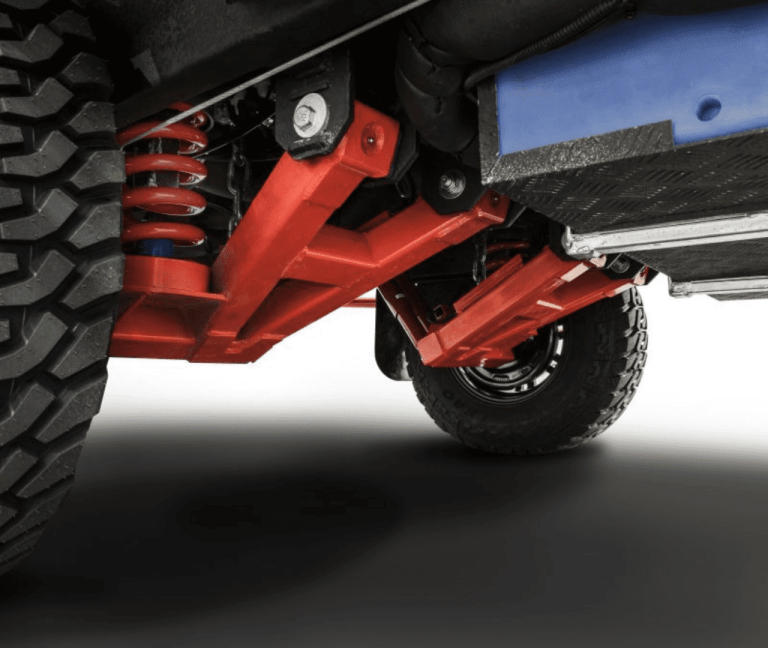Table of Contents
Mars Campers are Australian-built off-road camper trailers designed for serious adventurers who demand durability and comfort in remote locations. The brand specializes in fold-out soft-floor models and hybrid hard-top configurations, featuring robust galvanized chassis, independent suspension, and premium canvas or composite construction. These aren’t your typical weekend camping trailers – they’re engineered for harsh Australian outback conditions and extended off-grid adventures.
Mars Campers target serious outdoor enthusiasts, families seeking premium camping experiences, and travelers planning multi-week remote expeditions. They’re not ideal for casual campers or those primarily using sealed roads, as the premium pricing and rugged engineering are overkill for simple campground stays.
My First Impressions After Pickup
The build quality immediately impressed me. The galvanized chassis feels bombproof, with heavy-duty components throughout. The canvas work is exceptional – thick, well-fitted, and properly tensioned. However, I was surprised by the weight; even the “lightweight” models tip the scales significantly more than advertised when fully loaded.
The attention to detail in hinges, latches, and seals exceeded my expectations, though some minor finish inconsistencies were visible in the gel coat. Overall, it feels like a product designed by people who actually use these things in demanding conditions.
Towing & Setup Experience
Hitching is straightforward with the adjustable coupling, though you’ll want a proper brake controller – the electric brakes are aggressive. Towing weight sits around 1,800-2,200kg depending on configuration, so ensure your vehicle can handle the load comfortably.
Setup initially took me 45 minutes solo, but I’m now down to 15 minutes with practice. The pneumatic struts make lifting sections effortless, and the color-coded setup sequence prevents confusion. Wind can be challenging during setup, so choose your campsite carefully.
Off-Road & Dirt-Road Performance
The independent suspension truly shines on corrugated roads, absorbing punishment that would rattle other trailers apart. Ground clearance is excellent at 300mm+, and the approach/departure angles handle steep terrain confidently. I’ve taken mine through rocky creek crossings and sandy tracks without drama.
The only limitation I’ve found is the breakover angle when fully loaded – steep humps require careful line selection. The 16-inch wheels and all-terrain tires provide good traction and durability.
Living Comfort: Sleeping, Storage, Kitchen
The queen-size bed is genuinely comfortable with quality foam and proper ventilation underneath. The canvas provides excellent airflow, though light sleepers might struggle with wind noise. LED lighting throughout is well-positioned and energy-efficient.
Storage is thoughtfully designed with multiple compartments, though accessing items when set up requires some planning. The slide-out kitchen is a highlight – the two-burner cooktop, sink, and fridge slide create a proper outdoor kitchen experience.
Power, Water & Weatherproofing
The 100Ah lithium battery and 180W solar panel provide adequate power for LED lights, water pump, and small appliances for 2-3 days without sun. USB charging points are plentiful, though I added a 12V socket for larger devices.
Weather sealing is generally excellent, though I discovered a minor leak around one window seal during heavy rain. Easy fix with proper sealant. The tropical roof handles condensation well with adequate ventilation.
Costs You Don’t See on the Spec Sheet
Budget an extra $5,000-8,000 beyond the purchase price. Insurance runs $800-1,200 annually. Servicing every 12 months costs $300-500. Tires need replacement every 40,000km at $1,200 for the set.
Fuel consumption increased 30-40% while towing with my 200 Series LandCruiser – factor this into trip budgets. Registration and compliance costs vary by state but add another $500-800 annually.
Common Issues & How I Solved Them
Canvas tensioning required adjustment after the first season as materials settled. Two fasteners worked loose after heavy corrugations – now I check these regularly. A minor water pump leak developed after 18 months, easily fixed with a replacement fitting.
The door alignment needed tweaking after 12 months of use. Most issues are minor and DIY-fixable, though Mars Campers’ warranty service has been responsive when needed.
Accessories & Must-Have Upgrades
Essential additions include an annexe for extra living space, outdoor mats for cleanliness, and additional storage solutions. I added a 40-channel UHF radio, recovery gear mounting points, and an external shower connection.
The optional awning transforms the camping experience, providing essential shade and weather protection. Consider upgrading to AGM or lithium batteries if planning extended off-grid stays.
Model & Trim Considerations
Choose hybrid models for frequent setup/teardown or harsh weather exposure – the hard sides save significant time and provide better insulation. Soft-floor models offer lower weight and cost but require more setup time.
Family size dictates layout choice: couples suit compact models, while families need larger configurations with separate sleeping areas. Match your tow vehicle’s capacity carefully – don’t max out your vehicle’s limits.
Alternatives I Considered
Compared to Patriot Campers, Mars offers better build quality but at higher cost. Trackabout provides similar capability with different layout priorities. Jayco Swan and similar options are lighter and cheaper but lack the off-road capability and durability.
The Mars ultimately won for its combination of comfort, durability, and resale value, despite the premium pricing.
Pros & Cons (Quick List)
Pros:
- Exceptional build quality and durability
- Excellent off-road capability
- Comfortable living space when set up
- Strong resale value
- Responsive customer service
Cons:
- High purchase price and ongoing costs
- Heavy – limits tow vehicle options
- Setup time in adverse weather
- Complex systems require maintenance knowledge
Is a Mars Camper Worth It for You?
Mars Campers make sense if you’re planning regular off-road adventures, value long-term durability, and can justify the premium cost through frequent use. They’re ideal for travelers spending weeks off-grid or accessing remote locations regularly.
Skip them if you’re primarily camping in caravan parks, have budget constraints, or only camp occasionally. The investment only makes sense with regular, demanding use.
FAQs
“How long to set up?” 15-20 minutes solo with practice, 45+ minutes initially.
“Can a mid-SUV tow it?” Depends on specific vehicle, but most require large SUVs or utes rated for 2,500kg+ towing.
“Winter use?” Excellent with proper heating – the canvas breathes well and insulation options available.
Checklist & Packing Tips
Essential items: quality pegs for all soil types, spare water pump, canvas cleaner, multimeter for electrical issues, spare bulbs, canvas repair kit, WD-40, cable ties, spare tap washers, and a complete tool kit.
Organize storage by access frequency – daily items in easy-reach compartments, emergency gear secured but accessible.
Final Verdict & Who Should Buy
Mars Campers deliver exceptional capability and comfort for serious off-road adventurers willing to pay premium prices. They’re perfectly suited to couples or small families planning regular remote camping with a properly equipped tow vehicle.
Buy one if you value quality, plan extensive off-grid travel, and want a camper that’ll handle anything you throw at it. Look elsewhere if budget is tight or your adventures stay mostly on sealed roads.





